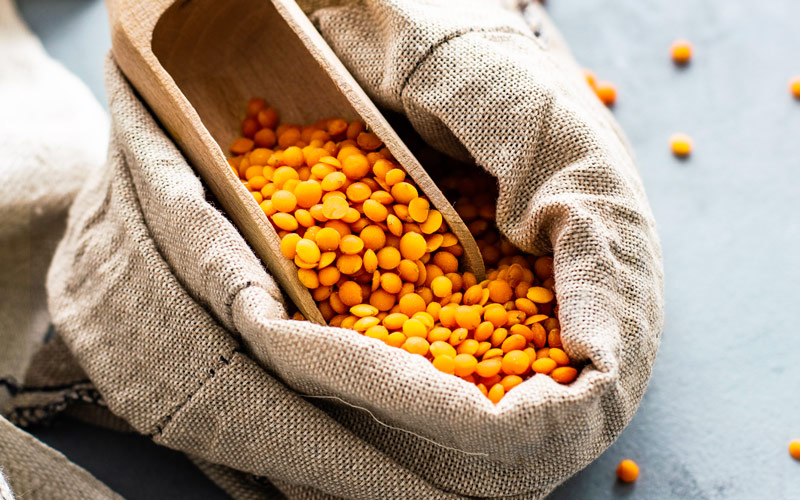Covid Christmas – What Beckons?

How will Christmas 2020 pan out for Britain’s food system?
A simple question that is not so easy to answer with the big day less than two months away.
What we do know is that it will probably be very different compared to recent times. First and foremost, the British food and beverage (F&B) channel – cafes, hotels public houses and restaurants – faces an existential challenge. December is, traditionally, a very big month comprising lots of gatherings involving much eating and drinking.
If the ten o’clock closing time, the rule of six and limited bubble interaction remain in place then it could be a grim December and Shore Capital’s prediction of a 20-30% reduction in F&B capacity in the UK could prove to be too timid. As an aside, one has to have immense sympathy and empathy with the trade, its owners and employees, that policies where evidence has not been credibly presented has taken its legs away. Indeed, the steps taken by many operators have been truly magnificent and the public policy focus feels very questionable.
Such policy failure was at the heart of the good side of Andy Burnham’s work – albeit in trying to be Prime Minister without the mandate he overstretched himself – leading to huge suspicion, disrespect, distrust and one senses disobedience of the Government’s controls by the public, a public fed up with an incompetent State and civil service, a destructive and detached media and a scientific community that has become drugged on the limelight and frankly lost the dressing room.
“the public…(is)… fed up with an incompetent State and civil service, a destructive and detached media and a scientific community that has become drugged on the limelight and frankly lost the dressing room.”
Back to the food system, where F&B loses out, Retail is likely to gain. Not all Retail, however will be in the winner’s enclosure. The food systems around central business districts and travel hubs are likely to remain chronically short of footfall, including supermarkets and convenience stores in these locations. Hence, it is most likely that suburban supermarkets, neighbourhood stores and the online channel will see very strong seasonal demand year-on-year.
Indeed, with the online grocery channel nearly operating at full capacity, it may be wise to place Christmas orders as soon as possible, otherwise the only other remote option maybe click & collect, an activity that we see mushrooming and benefiting the profitability of the supermarkets.
If the rule of six is largely disrespected, and I for one think Victoria Derbyshire should not have apologised for saying she is having seven around at Christmas…, most of the country will be doing so.., then there could be some specific demand differences year-on-year; large turkeys and geese may not be as popular as roast joints around the festive table this year. With several million more people in the UK this year too due to travel restrictions, plus many students at home and low levels of eating out, it maybe wise not to wait until the last minute to procure the Christmas fayre.
Hence, for the supermarkets, elevated demand and good mix is anticipated in forthcoming weeks. Good mix because whilst many families will sadly struggle this Christmas, notably people who have lost income in the private sector – those on benefits, state pensions and working in the public sector are better off year-on-year – one senses that after a pretty miserable year fed up folks will have a blast this year.
Supermarket bosses and their supply chains will have a lot operationally to contend with in forthcoming weeks to effectively execute Christmas. And then there is the matter of Brexit’s next chapter a week later. What could possibly go wrong..? That, however, is a wholly different political shambles.
Dr Clive Black
Senior Advisor to Coriolis Consulting
November 2020








